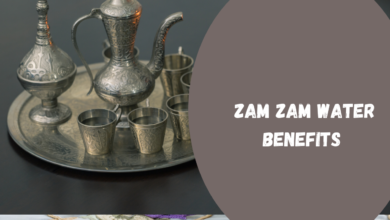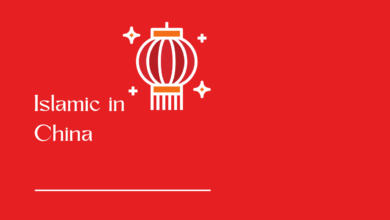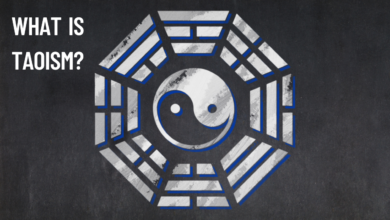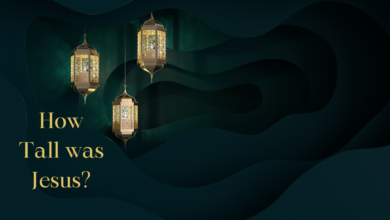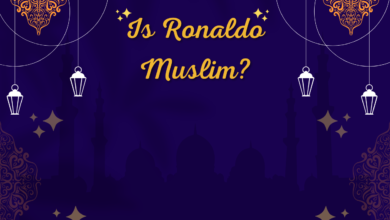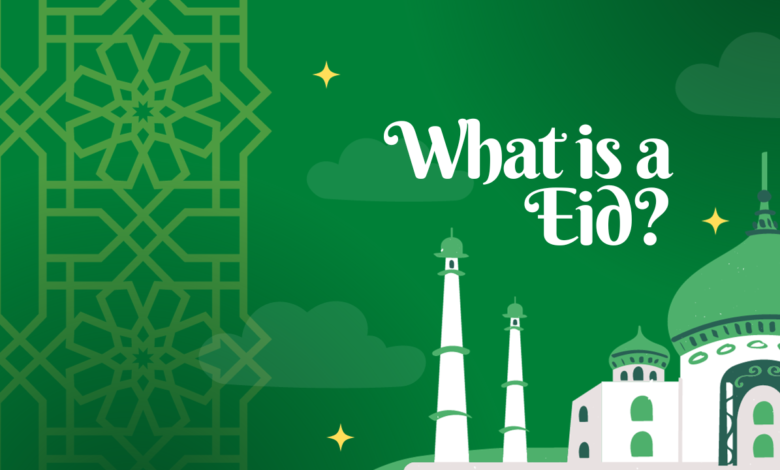
What is a Eid?
Eid is a religious festival celebrated by Muslims worldwide, marking significant events in Islamic history. There are two main Eids: Eid al-Fitr and Eid al-Adha.
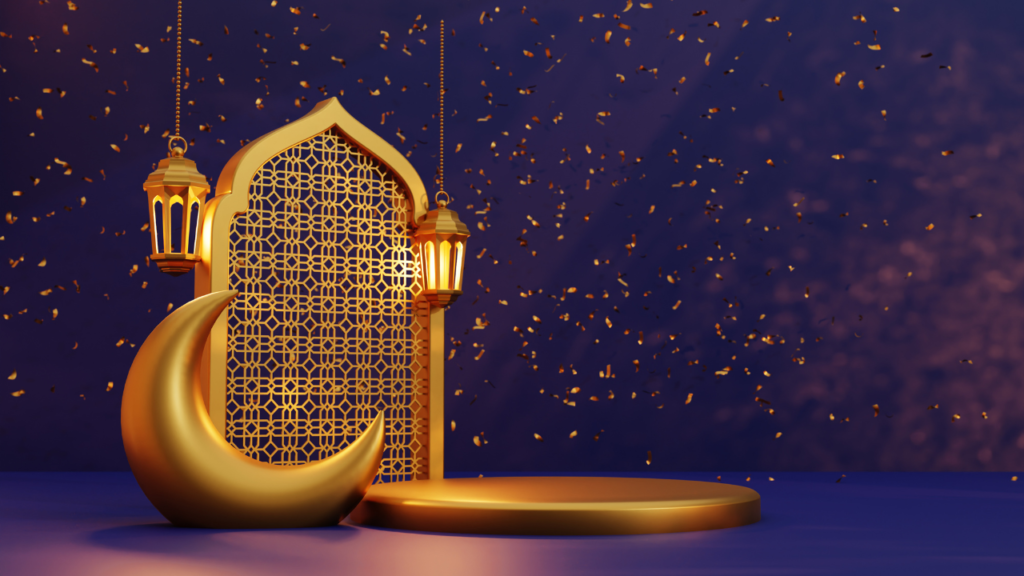
Introduction
Eid, also known as Eid al-Fitr and Eid al-Adha, holds a significant place in the Islamic calendar. These two major religious festivals are celebrated with great enthusiasm by Muslims around the world. Eid not only marks the end of Ramadan, a month of fasting and spiritual reflection but also commemorates the willingness of Prophet Ibrahim (Abraham) to sacrifice his son Isma’il (Ishmael) in obedience to God’s command. In this article, we will delve into the meaning, significance, and traditions associated with Eid.
Eid al-Fitr
Eid al-Fitr, often referred to as the “Festival of Breaking the Fast,” is celebrated at the end of Ramadan, the ninth month of the Islamic lunar calendar. Ramadan is a time of fasting from dawn to sunset, increased prayer, reflection, and charity. Eid al-Fitr is a joyful occasion that marks the end of this period of fasting and self-discipline.
Significance of Eid al-Fitr:
- Gratitude and Charity: Eid al-Fitr is a time for Muslims to express their gratitude to Allah for the strength and discipline to fast during Ramadan. It is also a time for charity and giving back to the community. Muslims are encouraged to give Zakat al-Fitr, a form of almsgiving, to help those in need, ensuring that everyone can join in the celebrations.
- Unity and Community: Eid al-Fitr brings together family and friends. Muslims gather for special prayers at mosques and community centers, followed by communal feasts and social gatherings. This fosters a sense of unity and strengthens community bonds.
- New Clothes and Gifts: It is customary to wear new clothes on Eid, symbolizing a fresh start and a new beginning. Children often receive gifts, and families exchange presents as a token of love and appreciation.
- Special Food: Traditional dishes and sweets are prepared for the Eid feast, including biryani, kebabs, and various types of desserts like baklava and maamoul. These special treats vary by region and culture.
Also check.
- What does Jihad Mean?
- What is Jihad?
- What Is The Second Pillar Of Islam?
- What Do Judaism Christianity and Islam Have In common?
- Who is the God of Islam?
Eid al-Adha
Eid al-Adha, also known as the “Festival of Sacrifice,” occurs two months after Eid al-Fitr and corresponds with the completion of the Hajj pilgrimage to Mecca. This festival commemorates the willingness of Prophet Ibrahim to sacrifice his son Isma’il as an act of obedience to God’s command. However, before the sacrifice could take place, God provided a ram to be sacrificed instead.
Significance of Eid al-Adha:
- Sacrifice and Obedience: Eid al-Adha emphasizes the importance of obedience to God’s will and the willingness to make sacrifices for the sake of faith. It serves as a reminder of the story of Ibrahim and Isma’il, highlighting their unwavering trust in God.
- Animal Sacrifice: One of the central rituals of Eid al-Adha involves the slaughter of an animal, usually a goat, sheep, cow, or camel, in commemoration of the sacrifice that God provided for Ibrahim. The meat is divided into three parts: one-third is given to the needy, one-third to relatives and friends, and one-third is kept for the family.
- Charity and Sharing: Like Eid al-Fitr, Eid al-Adha promotes charity and sharing. It encourages Muslims to distribute the meat from the sacrificial animal to those less fortunate, ensuring that everyone can partake in the festivities.
- Prayer and Reflection: On Eid al-Adha, Muslims attend a special prayer service at the mosque and reflect on the importance of faith, obedience, and sacrifice in their lives.
Conclusion
Eid is a time of celebration, reflection, and unity for Muslims worldwide. It serves as a reminder of important values such as gratitude, charity, obedience, and sacrifice. These festivals not only hold deep religious significance but also foster a sense of community, bringing people together to share in the joy and blessings of the occasion. Eid represents the core principles of Islam and the importance of living a life of faith and compassion.
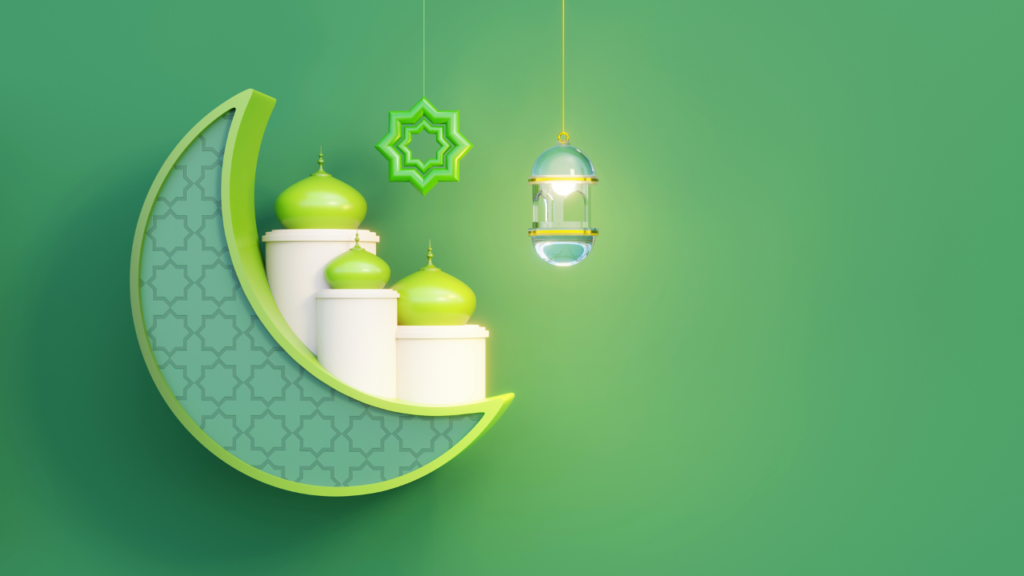
FAQs
What is Eid?
Eid is a religious festival celebrated by Muslims worldwide, marking significant events in Islamic history. There are two main Eids: Eid al-Fitr and Eid al-Adha.
What is Eid al-Fitr?
Eid al-Fitr, also known as the “Festival of Breaking the Fast,” celebrates the end of Ramadan, a month of fasting and spiritual reflection.
What is Eid al-Adha?
Eid al-Adha, the “Festival of Sacrifice,” commemorates the willingness of Prophet Ibrahim to sacrifice his son Isma’il in obedience to God’s command.
When does Eid al-Fitr occur?
Eid al-Fitr occurs at the end of Ramadan, on the first day of the Islamic month of Shawwal.
When is Eid al-Adha celebrated?
Eid al-Adha falls on the 10th day of Dhu al-Hijjah, the last month of the Islamic lunar calendar, and corresponds with the completion of the Hajj pilgrimage.
What are the main customs of Eid?
Common customs include special prayers, communal feasts, giving to charity (Zakat al-Fitr), wearing new clothes, and exchanging gifts.
Why is charity important during Eid?
Charity during Eid, through Zakat al-Fitr and meat distribution on Eid al-Adha, ensures that everyone can partake in the celebrations and reinforces the spirit of generosity.
What is the significance of animal sacrifice on Eid al-Adha?
The sacrifice of an animal on Eid al-Adha symbolizes the willingness to make sacrifices for faith and obedience to God, following the example of Prophet Ibrahim.
Are there specific traditional foods associated with Eid?
Traditional Eid foods vary by region but often include dishes like biryani, kebabs, and a variety of sweets like baklava and maamoul.
What is the main message of Eid festivals?
Eid festivals emphasize values such as gratitude, unity, community, obedience to God, and the importance of faith and compassion in the lives of Muslims.
